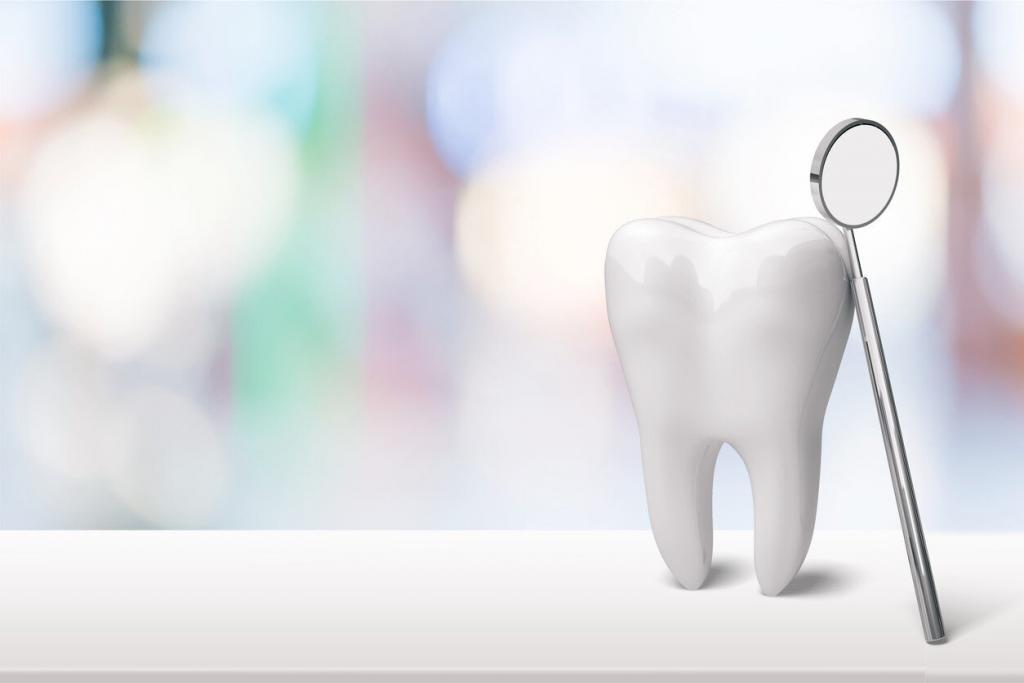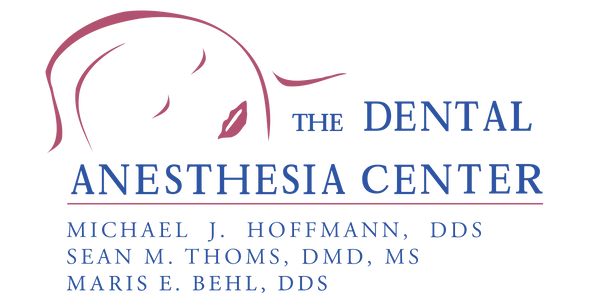It doesn’t matter if you’ve only had positive experiences so far; you can still be afraid of the dentist and reluctant to schedule your next appointment.
Dental anxiety is more common than you might imagine. It doesn’t matter if you’ve only had positive experiences so far; you can still be afraid of the dentist and reluctant to schedule your next appointment. It has to do with human nature. We tend to be fearful of the things that we can’t control. Add to the mix the thought of the pain that one might experience in the dentist’s chair or the embarrassment of having bad teeth, and you can see why so many people avoid seeing the dentist.

Dental anxiety, for someone who has never experienced it, is more like an anecdotal cliche that isn’t justified in an era when medical procedures are generally less invasive and less traumatic. If it wouldn’t be so prevalent, dental anxiety could’ve been brushed off as a quirk, but a lot of people actually experience it at a certain level.
Dental anxiety can range from mild to severe, impacting the sufferer’s dental health along the way. In popular culture, it is often called “dental phobia,” but specialists explain that fears associated with the dentist are more similar to PTSD than a phobia. Understanding the nature of this fear will help patients control it better and get the necessary treatment.
What Can Cause and Trigger Dental Anxiety
Specialists who researched dental anxiety have discovered that it rarely connects to a fear of pain, and it is more of an existential threat. Being pinned to a chair in such a vulnerable position and having another adult in control can trigger an anxiety attack that goes beyond the rationalization of the event.
Fear of needles, as strong as it is in itself, represents milder cases of dental anxiety. Modern studies propose that it is classified as “dental fear” because it connects to immediate, palpable things, like the menacing instruments. The existential threat that we discussed above is more characteristic of a true case of dental anxiety, and it is more difficult to overcome.
How to Get Over Your Fear of the Dentist

It is important to find a dentist that is empathetic and can help ease your anxiety. They can share some tricks with you, explain everything that will happen, and let you get accustomed to the environment.
Here are five tips to help you overcome the fear of the dentist.
Accept That You Are Afraid
The first step to dealing with your anxiety is understanding your fear and accepting it. Try to understand what’s causing it and write it down. Talk to your dentist about it as he might help you find the right ways to manage it.
Some people think that facing their fears means not talking about them and pushing through procedures that make them feel uneasy. They are just repressing. A healthier approach would be talking with your dentist before the appointment and letting him know about your anxiety. The doctor can then create a plan that will account for your fears and help you feel more comfortable during the procedures.
Bring Someone with You
Ask a friend or a family member to accompany you and be by your side during your appointment. Make sure to bring someone who isn’t afraid of the dentist too and who can make the entire experience feel more fun and relaxed.
Schedule Your Appointments Wisely
You probably tend to postpone the appointment until it’s too late, but that’s working to your disadvantage. Instead of scheduling the visit late in the afternoon and spending all day thinking about it and becoming more and more anxious, set the appointment first thing in the morning and get it over with it quickly.
Use Distractions
Don’t spend time obsessing over the sound the instruments are making, the size of the needles, and so on. Try to distract yourself by listening to music or podcasts, watching a video or fiddling with a stress ball.
Consider Sedation
Today’s dental offices are very far from depictions in the literature that often would compare dentists to butchers or mechanics. Modern medical procedures are focused on the well-being and comfort of the patient. Generally, they include flexible solutions for patients suffering from anxiety: noise-canceling headphones, warm towels, TV screens showing calming images, music, etc. The staff of a dentist’s office is trained to treat sensitive patients with empathy and respect, helping them get used to the environment little by little.
If your anxiety is too intense to control, then sedation might be the right option for you. Talk with a St. Louis sedation dentist to determine the best option for your needs. From laughing gas to IV sedation and even general anesthesia, sedation dentistry has broadened the range of patient categories that visit the dentist.
Call Us Today
The Only Board Certified Dental Anesthesiologist in Missouri, including the St. Louis Metro Area.
Call (314) 862-7844